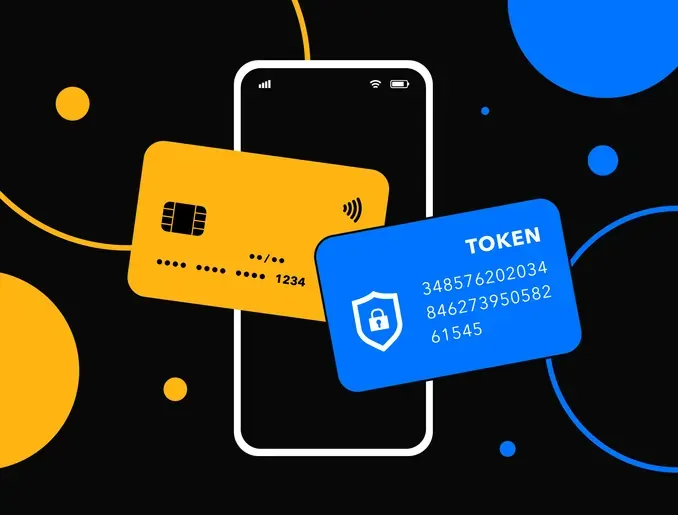
Benefits of tokenization
In the ever-evolving landscape of finance and technology, tokenization has emerged as a revolutionary concept with the potential to reshape various industries. Tokenization involves the conversion of real-world assets into digital tokens on a blockchain, unlocking a plethora of benefits for businesses and individuals alike. In this article, we will delve into the multifaceted advantages of tokenization and explore how it is transforming traditional systems.
Enhanced liquidity
One of the primary benefits of tokenization is the increased liquidity it brings to traditionally illiquid assets. By representing assets as tokens on a blockchain, they can be easily divided into smaller, tradable units. This accessibility opens up investment opportunities to a broader range of investors, fostering a more liquid market.
Global accessibility
Tokenization eliminates geographical barriers, providing global accessibility to assets. Investors from different corners of the world can participate in tokenized offerings, democratizing access to traditionally exclusive markets. This inclusivity not only benefits investors but also expands the potential investor base for issuers.
Efficient and transparent transactions
Blockchain technology, the underlying foundation of tokenization, ensures transparent and secure transactions. Smart contracts embedded in tokens automate various processes, reducing the need for intermediaries and minimizing the risk of fraud. This efficiency results in faster settlement times and cost savings for all parties involved.
Fractional ownership
Tokenization enables fractional ownership, allowing investors to own a portion of high-value assets such as real estate or art. This democratization of ownership lowers the barriers to entry for individual investors, fostering a more inclusive financial ecosystem.
24/7 market access
Traditional financial markets are bound by opening and closing hours, limiting the window for trading. Tokenized assets, on the other hand, are traded on blockchain networks that operate 24/7. This continuous market access enhances flexibility for investors, enabling them to react to market changes in real-time.
Increased security
Blockchain’s decentralized and cryptographic nature enhances the security of tokenized assets. Each transaction is recorded on an immutable ledger, reducing the risk of fraud and unauthorized alterations. This increased security is particularly appealing in industries where trust is paramount, such as real estate and supply chain management.
Cost efficiency
Tokenization streamlines processes, reduces the need for intermediaries, and automates various functions, leading to overall cost efficiency. Issuers can benefit from lower issuance and administrative costs, while investors can enjoy reduced transaction fees.
Compliance and regulation
Tokenization facilitates compliance with regulatory requirements. Smart contracts can be programmed to enforce regulatory conditions automatically, ensuring that transactions adhere to legal standards. This feature simplifies the regulatory compliance process for businesses operating in tokenized ecosystems.
Tokenization stands at the forefront of financial innovation, offering a myriad of benefits that extend beyond traditional asset management. From increased liquidity and global accessibility to enhanced security and cost efficiency, the advantages of tokenization are reshaping how we perceive and interact with assets in the digital age. As businesses and investors continue to explore the potential of tokenization, it is clear that this transformative technology is here to stay


